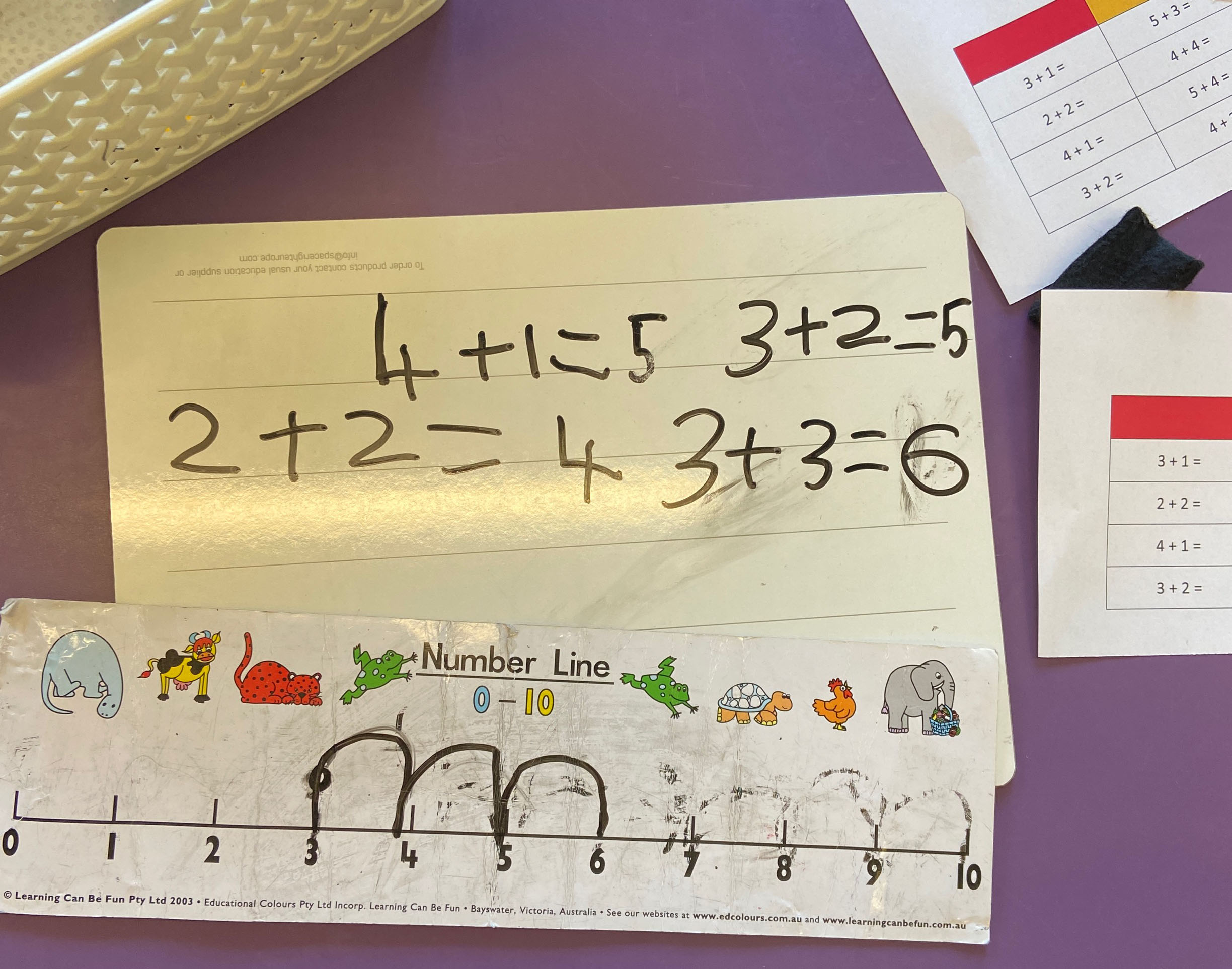Mathematics

All children will be able to make rich connections across mathematical ideas and be fluent in the recall of number facts and multiplication facts. Alongside this, every opportunity will be given to develop their problem solving and reasoning skills so that our children develop the confidence and resilience necessary to sustain a passion and curiosity for maths.
Our mathematics curriculum is founded on the principles of a Mastery curriculum that ensure children grasp the fundamentals of mathematics with a deep conceptual understanding.
Our maths curriculum stems from Guidance and Materials from NCETM and the Inspire Maths planning resource. This is enhanced by enrichment activities taken from sources such as NRICH and White Rose Maths. The materials, guidance and national curriculum resources from NCETM were chosen to secure children’s number sense from Foundation Stage through to Key Stage 1.
Currently, FS and KS1 follow the Mastering Number programme which is designed to develop children’s fluency in calculation and their confidence and flexibility with number. Therefore, it was appropriate for Key Stage 1 to use the professional development guidance materials and resources to teach their curriculum as it ensures consistency in visual representation and the use of mathematical language that the children would be familiar with from the Mastering Number Project. Providing children with a secure foundation of knowledge and understanding in EYFS and Key Stage 1 means that the use of a challenging and ambitious scheme from the beginning of Key Stage 2 is appropriate for the children at Meadowdale.
Inspire Maths was chosen as our scheme of work and is used in Key Stage 2. It is based on best-practice principles and methods of teaching and learning mathematics, including the concrete-pictorial-abstract and scaffolding approaches, and a systematic teaching pathway. The use of Inspire Maths textbooks allows us to adopt the concrete-pictorial-abstract approach so that children are able to achieve a secure number sense. It also develops children’s procedural and conceptual understanding through small-steps and a variety of representations that would lead them towards mastery.
Through the use of supplementary resources we provide a suitable challenge for the children at Meadowdale Primary School. These additional enrichment activities complement our mathematics scheme to provide further opportunities for problem solving.
We follow the Statutory framework for the Early Years Foundation Stage and programme of study from the National curriculum for England.
Foundation Stage
Number and numerical patterns
- composition of numbers to 10
- subitising
- addition and subtraction
- counting
- odds, evens and double facts
Shape, space and measure
- repeating patterns
- recognising and manipulating shapes
- comparing length, weight and capacity
Key Stage 1
Number
- number and place value
- addition and subtraction
- multiplication and division
- fractions
Measurement Geometry
- properties of shape
- position and direction
- Statistics (Year 2)
Key Stage 2
Number
- number and place value
- addition and subtraction
- multiplication and division
- fractions
Measurement Geometry
- properties of shape
- position and direction
Statistics Ratio and Proportion (Year 5 and 6)
Algebra (Year 6)
